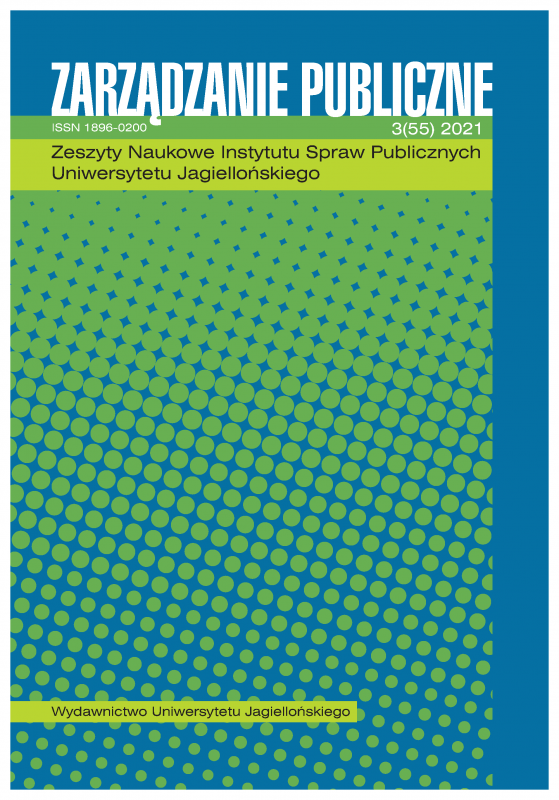Dostęp do edukacji oraz jej przebieg w obliczu pandemii COVID-19
Access to education and its course in the face of the COVID-19 pandemic
Author(s): Joanna Żelazko , Patrycja SołtysiakSubject(s): Education, Sociology, State/Government and Education, Sociology of the arts, business, education, ICT Information and Communications Technologies, Inclusive Education / Inclusion, Sociology of Education
Published by: Wydawnictwo Uniwersytetu Jagiellońskiego
Keywords: emote education; online education; COVID-19; coronavirus; pandemic
Summary/Abstract: Celem pracy jest poznanie sytuacji w zakresie dostępu do edukacji i jej przebiegu w obliczu pandemii COVID-19. W badaniu ilościowym przeprowadzonym wśród uczniów pod koniec 2020 roku uwzględniono 3701 ankiet. Natomiast w badaniu jakościowym, przeprowadzonym wśród nauczycieli również pod koniec 2020 roku, uwzględniono trzy wywiady pogłębione. Zidentyfikowano następujące problemy: ograniczony dostęp do odpowiednio szybkiego łącza internetowego, zbyt duża ilość materiału do przyswojenia rzez uczniów oraz zbyt wiele prac domowych. Pojawiły się również zastrzeżenia w odniesieniu do sposobu prowadzenia zajęć online. W konsekwencji rekomendowano następujące działania: stworzenie programu pomocowego mającego na celu zapewnienie sprzętu i łącza internetowego dla uczniów i nauczycieli, pozostawienie większej swobody nauczycielom w doborze ilości materiału i formy jego egzekwowania oraz przygotowanie specjalnych szkoleń z zakresu użytkowania sprzętu i oprogramowania. [The aim of the article is to understand the situation in terms of access to education and its course in the face of the COVID-19 pandemic. A quantitative study including 3,701 questionnaires was conducted among students at the end of 2020. Concomitantly, three in-depth interviews were included in a qualitative survey conducted among teachers. The following problems were identified: problem with access to adequate high-speed Internet connection, too much material to be absorbed by students, and too much homework. Some reservations were also expressed about the way of conducting online classes. As a consequence, the following actions were recommended: developing an aid program aimed at providing equipment and Internet connections for students and teachers, giving teachers more freedom in deciding on the amount of material taught and the form of its enforcement, and preparing a special training course on the use of hardware and software.]
Journal: Zarządzanie Publiczne
- Issue Year: 55/2021
- Issue No: 3
- Page Range: 101-127
- Page Count: 27
- Language: Polish

